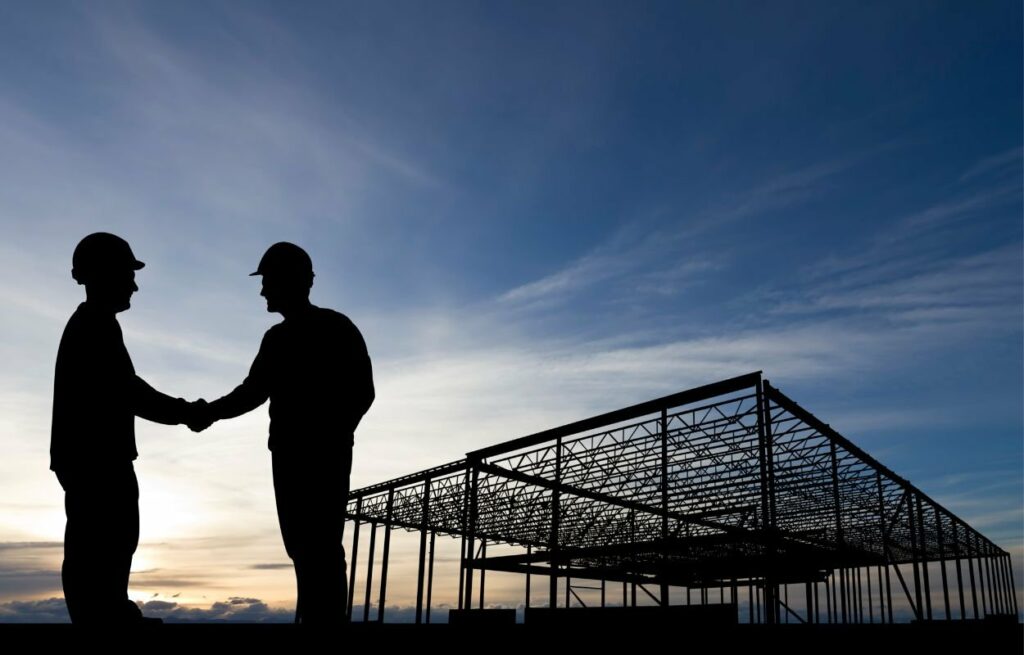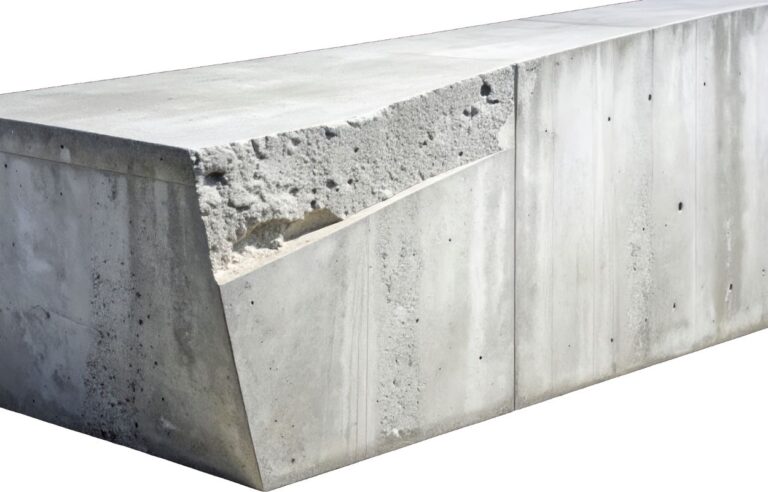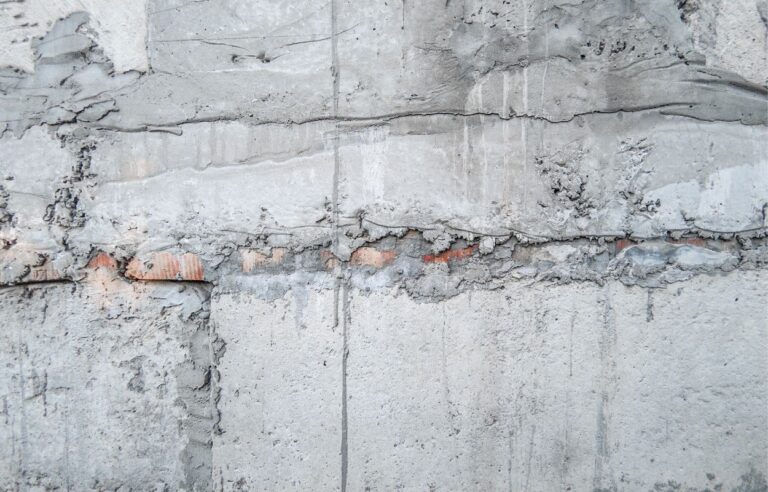
So, you’re gearing up for a professional demolition? Maybe you’re making way for a new building, clearing out an old structure, or simply repurposing land for something exciting. Whatever the reason, preparing your site for demolition in Victoria (or anywhere, really) takes some essential prep work. The goal? A smooth, safe, and efficient demolition process that leaves everyone happy—and your site ready for the next chapter.
Below, we’ll walk through the critical steps to prepare your site for professional demolition. Think of it as your go-to checklist, full of tips, insights, and ideas to make sure everything goes according to plan.
START WITH A CLEAR VISION OF WHAT YOU NEED
The first thing to clarify is what you’re actually looking to achieve with this demolition. Are you tearing down the entire structure or just parts of it? Do you need to save certain features or materials for future use? Understanding the full scope of what you need will help you communicate your goals clearly to your demolition team.
The demolition experts will want to know if there are any specific structures, trees, or fixtures that need preservation. The more detail you can provide, the better they’ll be able to give you an accurate plan and estimate. This early planning also saves time and money, as there won’t be any last-minute changes or misunderstandings once the demo process is in full swing.
HIRING THE RIGHT DEMOLITION CONTRACTOR
Not all demolition contractors are created equal, especially when it comes to major jobs like demolitions in Victoria. Take time to research your options. Look for contractors with solid reviews, extensive experience, and proper licensing and insurance. A skilled, reputable demolition contractor will handle everything from safety precautions to proper disposal methods, taking a lot of the load off your shoulders.
When talking to potential contractors, ask about their experience with similar projects. If possible, get a couple of references to check. You should also discuss the timeline, any specific permits they might handle, and how they plan to manage risks on-site. A good contractor will be transparent about these details and make you feel comfortable with the process.
SECURING THE NECESSARY PERMITS
Speaking of permits, they’re not optional when it comes to professional demolition. You’ll need to check with local authorities to find out what permits are required for your demolition project. Each area can have slightly different regulations, so doing your homework here is crucial.
Your demolition contractor can often help guide you through this process or even secure the necessary permits on your behalf. However, as the property owner, it’s wise to understand the permit requirements and make sure they’re in place well before demolition day. No one wants to get hit with fines or delays just because a permit fell through the cracks.
DISCONNECTING UTILITIES: A MUST-DO FOR SAFETY
Imagine this: the demolition team shows up, ready to work, but the site still has active electricity or gas lines. Not a great situation! Before any demolition can begin, all utilities on the property must be disconnected. This includes electricity, gas, water, and even sewage. Failing to do this not only risks the safety of the crew but also endangers nearby properties.
To disconnect these utilities, you may need to coordinate with your utility providers. Keep in mind that some disconnections, like gas and electricity, may take time, so you’ll want to schedule these in advance. Your contractor should also check that everything has been turned off before the demo starts, but it’s wise to double-check yourself. After all, safety is a team effort!
CONDUCTING AN ENVIRONMENTAL AND HAZARDOUS MATERIALS ASSESSMENT
Demolition sites often contain potentially hazardous materials—think asbestos, lead paint, or even old chemicals stored on the property. Identifying and handling these materials properly is not only essential for health and safety but also a legal requirement in most places.
In Victoria, regulations surrounding hazardous materials are strict, especially when dealing with older buildings. A professional environmental assessment can determine if these materials are present on your site. If they are, you’ll need to arrange for proper removal before demolition work can start. Specialized teams can safely handle these materials, ensuring that no one gets exposed to harmful substances during or after demolition.
SALVAGING AND RECYCLING: A GREEN APPROACH TO DEMOLITION
One of the most satisfying parts of a demolition project can be the chance to recycle and repurpose materials. Not only is this environmentally friendly, but it can also save money if you repurpose items for future projects. Salvaging useful materials such as wood, metal, and concrete reduces waste, and it can even be a source of income if you sell certain items.
Speak with your demolition contractor about salvage options. Many professional demolition companies have protocols in place for recycling materials, which can make the process easier. If you’re eco-conscious, look for a contractor with a strong recycling program and ask how much of the site’s materials can realistically be repurposed.
PREPARING THE SITE AND CLEARING OUT BELONGINGS
Before demolition day, the site needs to be free of any items you want to keep. This includes furniture, personal belongings, or anything else that could get damaged or lost during the demo. Make sure you’ve arranged for storage if needed, and give yourself plenty of time to clear out.
If you’re working with a large property, you might even hire a professional moving or clearance service to assist with this task. Taking the time to clear out everything beforehand will prevent any last-minute rushes and ensure that only what’s meant to be demolished gets taken down.
ARRANGING FOR EROSION AND SEDIMENT CONTROL
Erosion and sediment control may not be the first thing that comes to mind when you think of demolition, but it’s an essential step, especially for sites in Victoria’s coastal or hilly regions. Demolition disturbs the soil, which can lead to erosion and sediment runoff into nearby water sources or properties.
Many demolition contractors will include erosion control measures as part of their service. However, it’s wise to confirm this and ask about any specific strategies they plan to use. Silt fences, ground covers, and sediment barriers can all help prevent issues, keeping the environment safe and protecting you from potential legal problems.
PROTECTING THE SURROUNDING AREA
The last thing you want is for your demolition project to impact neighboring properties or the local community. This is where site protection and dust control come into play. Professional demolition in Victoria often includes setting up barriers to contain debris and minimize dust, as well as limiting noise as much as possible.
Talk to your contractor about their approach to site protection and whether they offer additional measures like noise-reduction barriers or scheduled work hours that minimize disruption. Clear communication with neighbors can also help reduce complaints and keep everyone informed of what to expect.
MANAGING WASTE DISPOSAL
After demolition, what happens to all the debris and rubble? A significant part of preparing your site for demolition includes planning for waste disposal. Your contractor will likely handle this as part of their service, but it’s a good idea to know where the waste will go and how they will handle it.
If recycling is a priority for you, make sure to discuss this in detail with your contractor. Many demolition companies have connections with recycling facilities and will ensure that a good portion of the waste gets repurposed rather than ending up in a landfill.
CONDUCTING A FINAL SITE INSPECTION
Once the demolition work wraps up, you’ll need to complete a final site inspection to ensure everything has been cleared out properly. Any overlooked debris or remaining materials could delay the next steps of your project. Walk through the site with your contractor to double-check that all materials have been removed, any hazards have been managed, and the site is ready for its next phase.
A thorough final inspection can also highlight any potential issues with soil or grading that might need attention before you begin construction or landscaping. This last check is your chance to make sure the site is truly ready to go.
Preparing your site for a professional demolition might sound like a big job, but when you break it down into steps, it’s a manageable process. By planning ahead, working with the right demolition contractor, and following these essential steps, you’ll set yourself up for success. Demolition in Victoria (or anywhere else) can be a smooth and straightforward process when you’re well-prepared.
So, as you get ready for demolition day, keep this guide handy. With a little preparation, you’ll see your site transform—and get ready for whatever comes next!
